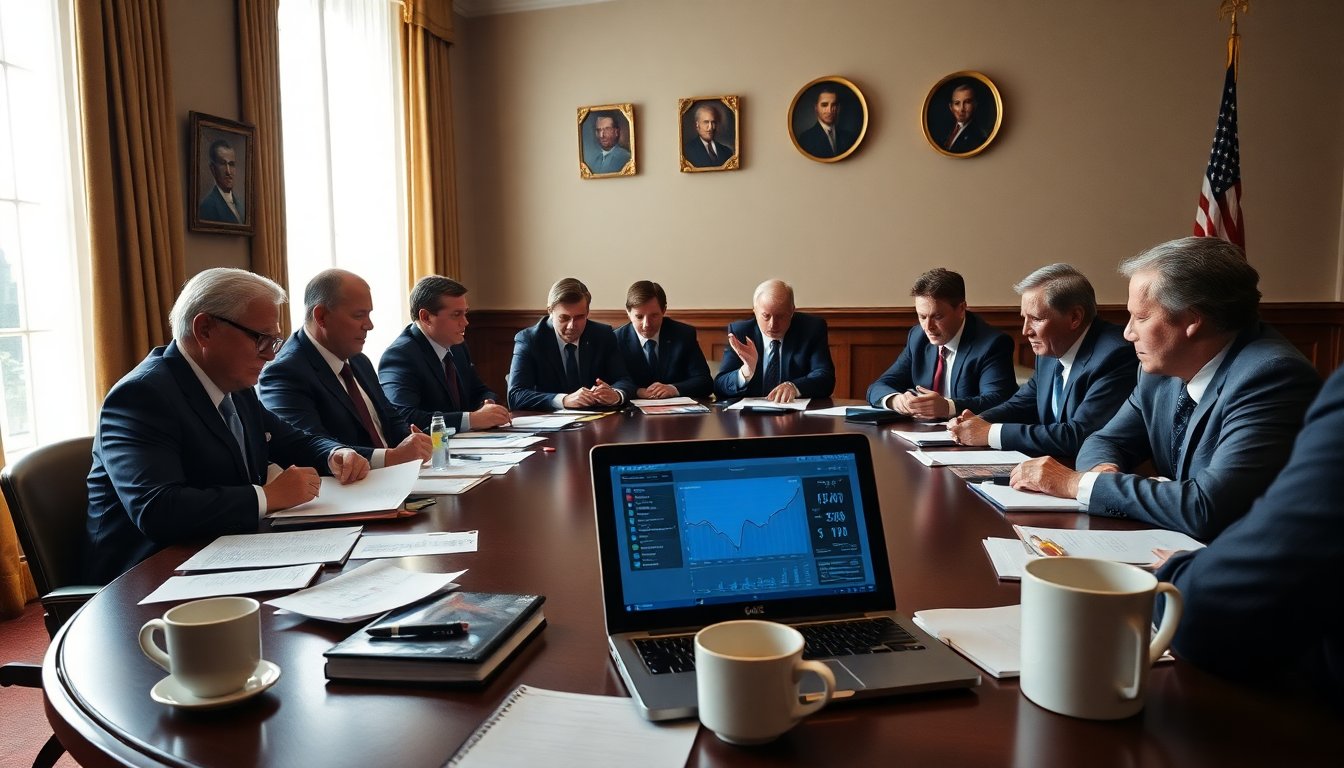Table of Contents
The political landscape surrounding the upcoming elections has become increasingly contentious, particularly within the Democratic Party. Recently, Mike Donilon, who served as a senior advisor to former President Joe Biden, publicly denounced the party’s decision to urge Biden to withdraw from his re-election campaign. Donilon characterized this move as not only disloyal but also as a fundamental betrayal that could jeopardize the party’s chances of retaining the presidency.
Undemocratic actions raise eyebrows
Donilon’s remarks came during his participation in a conference organized by the USC Center for the Political Future. During this event, he was prompted by CNN anchor Elex Michaelson to share his thoughts regarding Biden’s withdrawal. The former advisor did not hold back, stating, “I thought the Democratic Party lost its mind.” His frustration was palpable as he criticized the leadership for the perceived disloyalty shown towards Biden, who he believes remains a strong contender.
Key Democratic figures call for withdrawal
Following a challenging debate performance against Donald Trump in June, several prominent Democrats, including Senate Majority Leader Chuck Schumer and former House Speaker Nancy Pelosi, reportedly pushed Biden to step aside. This collective pressure, according to Donilon, was not only misguided but also historically unprecedented, as he pointed out that Biden was polling within a mere three points of Trump—an indicator of competitiveness that should have warranted continued support.
Defending Biden’s candidacy
In his defense of Biden, Donilon emphasized the former president’s unique ability to defeat Trump, noting, “There have been three people who’ve run against Donald Trump—Joe Biden’s the only person who ever beat him.” This sentiment underscores his belief that Biden’s track record, coupled with his polling numbers, made him the most viable candidate for the party.
Concerns about the party’s future
Donilon expressed his discontent regarding the party’s decision to pivot to a new candidate, Kamala Harris, so close to the election. He labeled it as politically unwise to initiate a campaign just months ahead of a pivotal election. Despite acknowledging Harris’s commendable performance in her own campaign, he maintained that the timing and circumstances surrounding the transition were detrimental to the party’s prospects.
Implications for the Democratic Party
The implications of this internal conflict within the Democratic Party could resonate well beyond the upcoming elections. By sidelining a sitting president who still holds significant public support, the party risks alienating a portion of its base. Donilon’s assertion that this behavior reflects a lack of respect for the will of the Democratic primary voters highlights a growing concern that the party may be prioritizing internal politics over the voices of its constituents.
As the elections loom closer, the Democratic Party faces critical decisions that could shape its trajectory for years to come. Donilon’s criticisms serve as a poignant reminder that leadership dynamics and party loyalty play crucial roles in the broader electoral landscape. Whether the party can reconcile these issues and unite behind a common candidate remains to be seen, but the stakes have never been higher.


